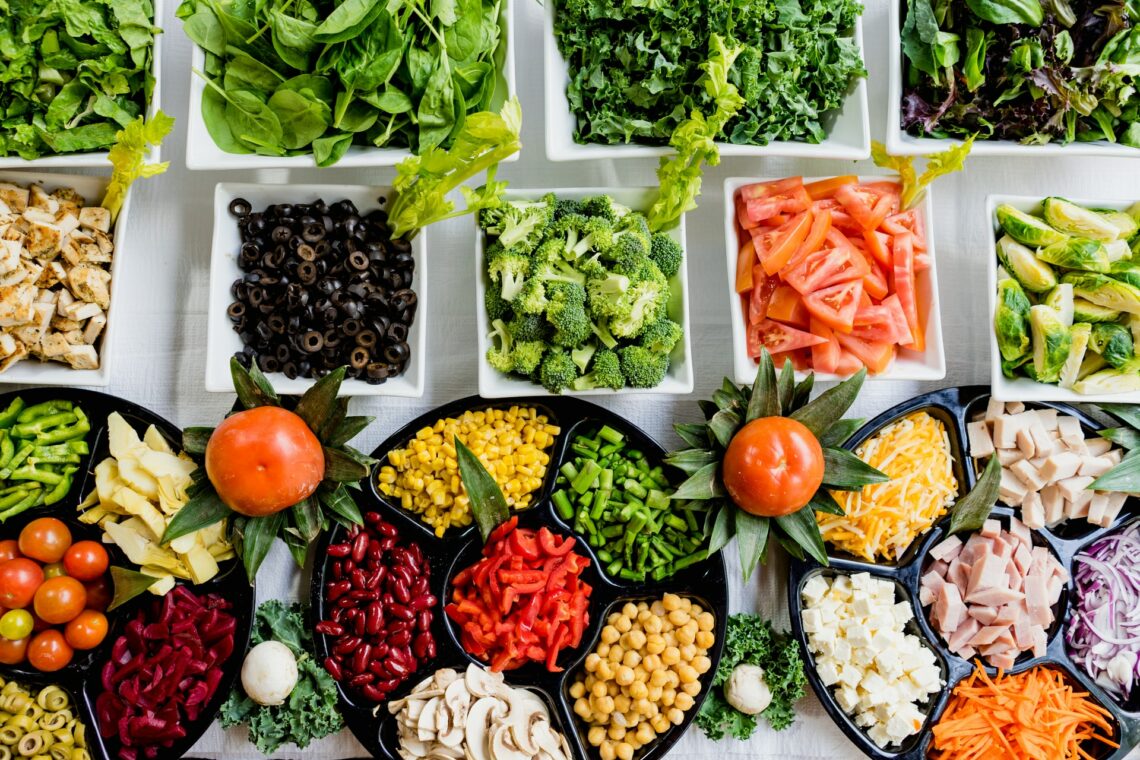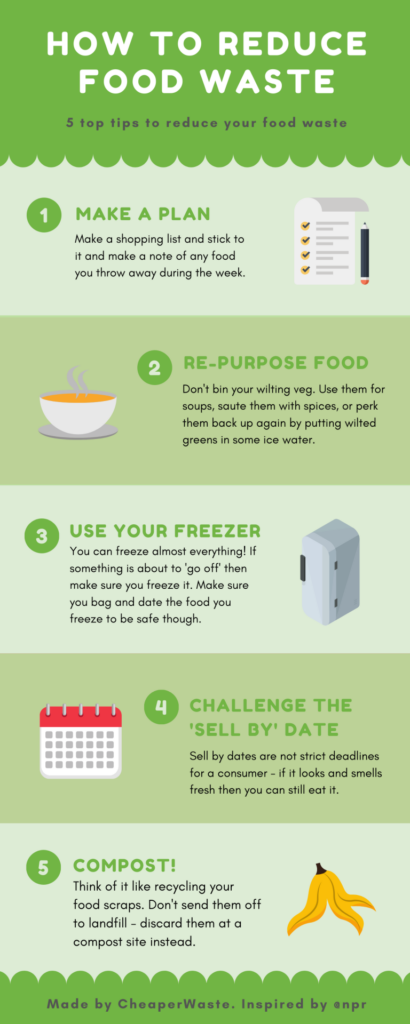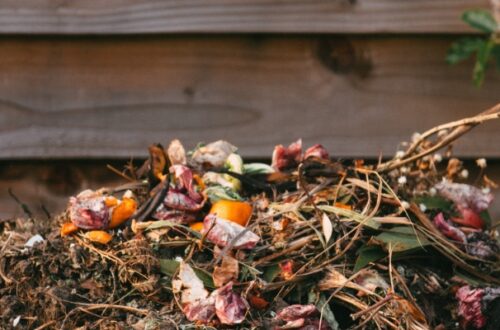
Cut Down On Food Waste To Save Money And The Planet
There’s a lot of focus in the news about how our diets are impacting the planet. We’ve all heard that there’s too much plastic in food storage, that we need to reduce our meat intake and that we should all be eating as seasonally as we can. These are all very important to consider, but one thing that needs to be highlighted even more is the amount of food waste we produce in the UK.
In the UK, 6.7 million tonnes of food is wasted per year which totals to costs of £10.2 billion a year. This represents costs of £250-£400 per household per year. On the one hand we don’t know many households that can afford to be throwing away up to £400 a year, and if you saw that money in your bin directly you would definitely reconsider your food habits.
Beyond the financial cost there’s more to this than meets the eye. Food waste is responsible for around 8% of human emissions, the Food and Agriculture Organisation reports that 30% of agricultural land used is left uneaten or wasted. What is often forgotten in these calculations is how much water is used for the production of food, from the food waste in the UK we essentially waste 250km³ every year.
Those in the eco community know that when there is a perceived lack of land, it leads to deforestation and destruction of habitat. The consequences of this are well known, and they aren’t good. If we’re wasting essentially 30% of our arable land, this needs to be addressed.
While there is a tremendous amount of food wasted by companies, at home we aren’t helping the cause. The most commonly wasted foods are potatoes, bread slices and milk. Another big culprit are pre made salads. We buy them with the best of intentions but too often they’re left to rot in the fridge. According to WRAP every day in the UK we throw away approximately:
- 20 million whole slices of bread (equivalent to 1,000,000 loaves at 20 slices per loaf; but more than a third less than in 2007)
- 4.4 million whole potatoes
- 920,000 (0.9 million) whole bananas
- 1.2 million whole tomatoes
- 720,000 (0.7 million) whole oranges
- 800,000 (0.8 million) whole apples
- 2.7 million whole carrots
- 970,000 (1.0 million) whole onions
- 86,000 whole lettuce
- 3.1 million glasses’ worth of milk
- 2.2 million slices’ worth of ham
While we have made improvements since 2018, there is still so much still to be done.
CheaperWaste have created this infographic that goes over five easy things you can do at home to reduce how much waste you produce. These tips don’t require you to go out and buy anything, unless you want to. They’re the good old fashioned tips like plan ahead for the week, feed your freezer to keep a supply of ready made meals to hand.

Beyond this advice, think about what you can do to cut down on the foods you typically waste. For example, if fresh spinach is the most likely item to be binned in your home, why not switch to frozen spinach? It’s perfect for soups and pastas and it’s right there when you need it.
Halloween is coming up and we’ll bet that you’re planning on carving a pumpkin. More than half of the pumpkins carved in the UK won’t be eaten, they’ll be sent to landfill and ultimately wasted. Don’t throw your pumpkins away, roast the seeds in a spice mix and make a delicious soup from the pumpkin itself. Want to have a greener Halloween this year? Read our article on how to have an eco-friendly Halloween for more tips.
There’s no trick to reducing food waste, it’s all about planning ahead and being creative with what you’ve got. With a little bit of extra attention to what’s in the cupboards we can all drastically reduce how much food we waste in the UK.





